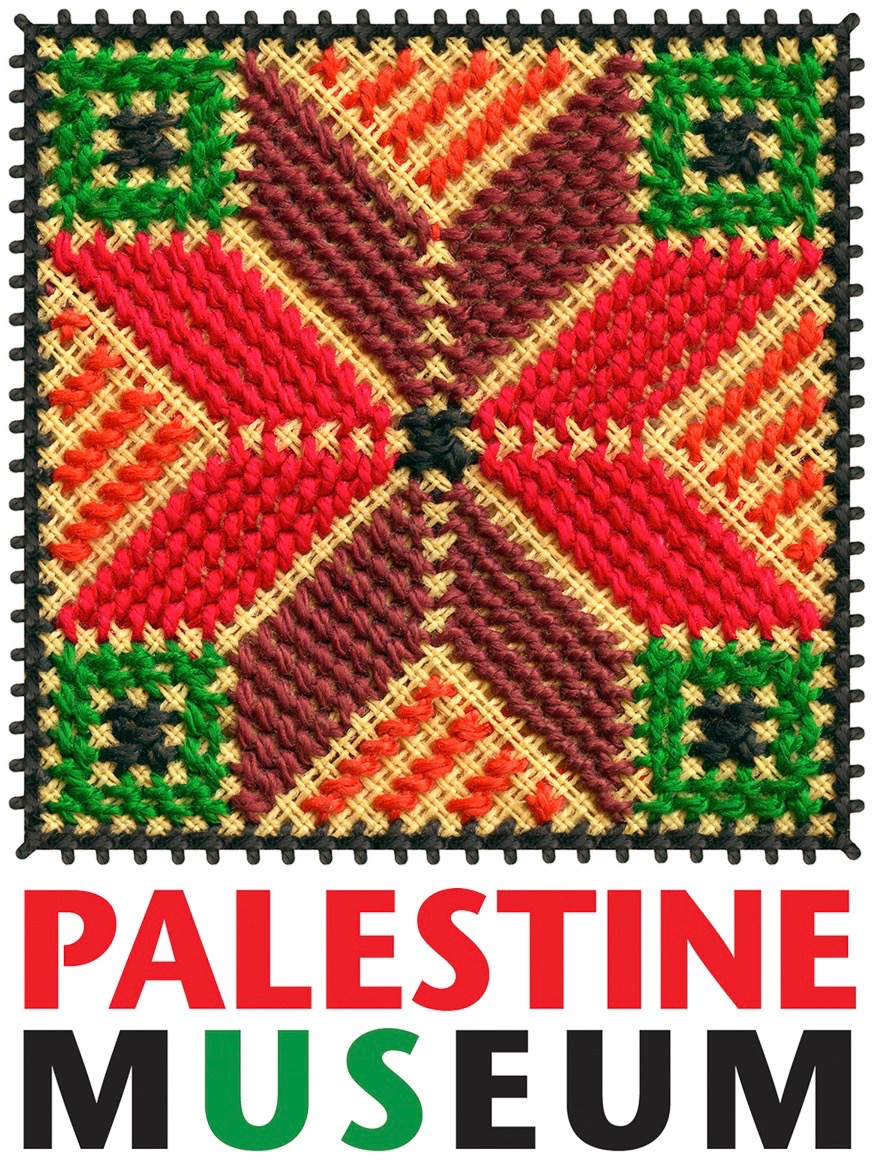Please click here to register for this event.
The event will start at 12:00 Noon US EDT; 19:00 Palestine, 18:00 Europe.
Please join us for a conversation about the book with Fred Cadora, the son of the original author and Samira Rafidi Meghdessian, who translated the book from Arabic to English.
About the book
The book traces the history of the town of Ramallah, its problems and the turbulent times it went through in the late forties and early fifties when Joseph Cadora was one of the mayors who cared for the town and were eager to see it succeed.
It is really a description of how much he loved the town and its people, and how he yearned to see it develop as a center of tourism for Palestine and later for Jordan.
He traces its origins from the archeological remains that were found in its vicinity to the successes of its inhabitants in the United States, who never forgot where they came from and made sure to protect and to keep it flourishing.
He and other mayors saw to it that it developed all the services needed such as water, electricity, a hospital, banks and hotels.
The translation involved considerable research in the academic sources that were used by the author and by the translator. A detailed bibliography of them appears in the book.
Some folksongs have also been translated to English. These songs are indicative of the simple daily life of the people as they celebrate weddings, emigration and death. They appear in the appendix.
It is a timely book because Ramallah today occupies an important role as the political and administrative center of Occupied Palestine.
Fred Czdora
About Fred Cadora
Fred Cadora was born in Jerusalem, Palestine during the British Mandate and came to the US as a child after the Nakba. He is now Professor Emeritus, retired from The Ohio State University and, most recently, retired again, from the University of Cincinnati.
He has a Ph.D. in Near Eastern Languages, Literatures & Cultures from the University of Michigan. His academic activities involve research and teaching in anthropological and socio-historical Arabic linguistics, the relationship of language to culture, the representation of cultural aspects of Arab society in literature, the history and structure of the Arabic language and its dialects, and the development of pre-collegiate educational Arabic programs in the United States.
Samira Rafidi Meghdessian
About Samira Rafidi Meghdessian
Born in Jerusalem, lived in Ramallah until age 8 then moved and lived in Lebanon. Spent many summers in Ramallah with aunts, uncle and cousins. Now living in the US since 1990. Have many fond and nostalgic memories of the town and its heyday as a major resort of the area.
Holds BA in History, and graduate degrees in Library Science and Conflict Resolution.
Worked at Lebanese American University and American University Libraries in Beirut for many years.
Published in fields of Library Science and conflict resolution.



